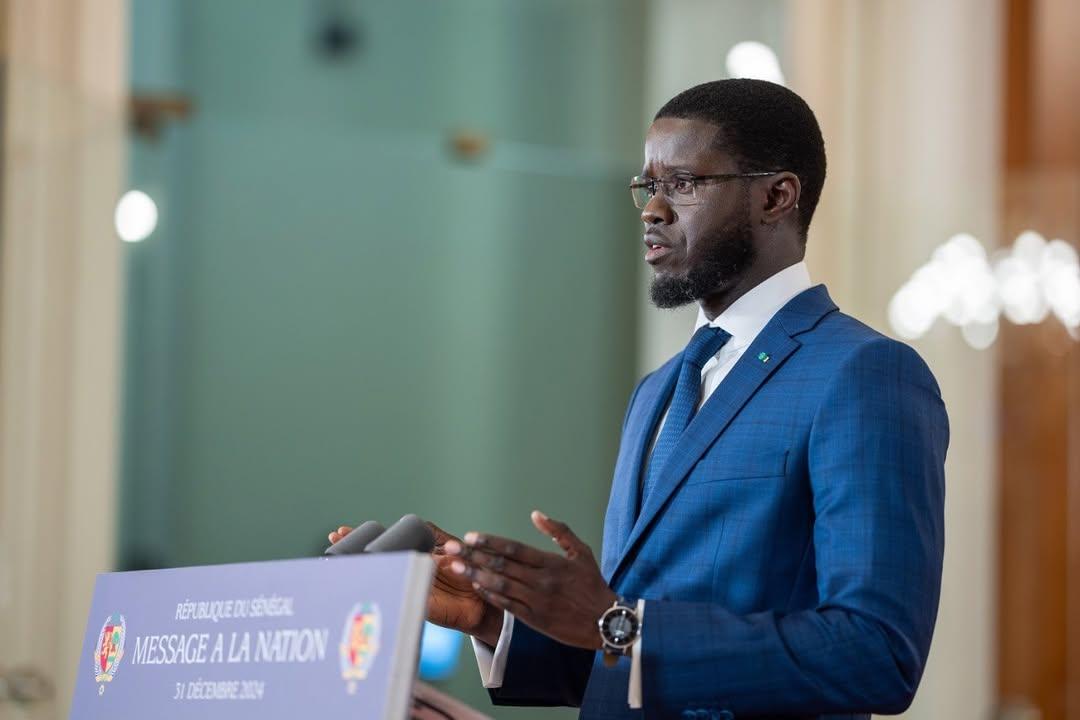DAKAR, Senegal — Senegalese President Bassirou Diomaye Faye announced on February 13, 2025, the definitive timeline for the full withdrawal of French military forces from Senegal by December 31, 2025, marking a significant milestone in the nation’s evolving security strategy and Africa’s growing assertion of sovereignty in international partnerships.
The decision, announced Wednesday following bilateral talks, marks a pivotal shift in Senegal’s post-colonial relationship with France and aligns with a sweeping trend across West Africa to reclaim sovereignty from former colonial powers.
The End of a Decades-Long Presence
France and Senegal have established a joint commission to coordinate the departure of 350 French troops stationed in the country since 2011, as well as the handover of military bases. President Faye, elected in March 2024 on promises of reducing foreign influence, emphasized that the move reflects Senegal’s “strategic priorities and sovereign dignity.”
“There will soon be no more French soldiers in Senegal,” Faye declared in November 2024, criticizing the presence of foreign bases as incompatible with national sovereignty. His administration has prioritized modernizing Senegal’s military and diversifying international partnerships beyond traditional Western alliances.
A Regional Ripple Effect
Senegal’s decision mirrors a broader rejection of French military influence in West Africa:
- Mali, Burkina Faso,and Niger expelled 4,300 French troops in 2022–2023 following coups and rising anti-French sentiment.
- Chad terminated its defense pact with France in November 2024, forcing the withdrawal of 1,000 troops by January 31, 2025.
- Ivory Coast announced plans to remove French forces in early 2025, leaving Djibouti and Gabon as France’s last African military footholds.
Analysts attribute this wave to mounting frustration over perceived neocolonialism and unmet security promises. French counterterrorism efforts, notably the decade-long Operation Barkhane in the Sahel, failed to curb jihadist violence, eroding trust in Paris’s role as a security guarantor.
Economic and Diplomatic Reckoning
The troop exit coincides with Senegal’s efforts to recalibrate economic ties. Trade between France and sub-Saharan Africa has dwindled to 1.8% of France’s global exports, while nations like Senegal increasingly turn to China, Russia, and regional partners.
However, challenges linger. Senegalese entrepreneurs, like Saint-Louis business developer Babacar Ndiaye, worry strained relations could hinder visas and Franco-Senegalese ventures. Meanwhile, France faces strategic blows, particularly the loss of access to Niger’s uranium reserves—critical for its nuclear energy sector.
A New Chapter for Senegal
President Faye’s administration has framed the withdrawal as a “new sunrise” for self-determination. The government plans to bolster its military capabilities and invest in homegrown security solutions. “We are determined to take charge of our destiny,” Faye stated during a recent address.
Yet experts caution that reduced Western engagement may create vacuums. “The solution to regional instability isn’t just military—it’s political,” noted Rinaldo Depagne of the International Crisis Group. Senegal’s ability to counter spillover violence from the Sahel without French logistical support remains untested.
France’s Diminishing Footprint
French President Emmanuel Macron, once a proponent of “equal partnerships” with Africa, now faces a stark reality. Over 4,000 troops have left the Sahel since 2022, and France’s diplomatic clout wanes as African nations forge ties with Moscow, Beijing, and Ankara.
While Macron insists France is “reorganizing, not retreating,” analysts like Thierry Vircoulon of the French Institute of International Relations argue the continent’s geopolitical pivot is irreversible: “Françafrique is dead. The future belongs to multipolar alliances.”
As Senegal transitions to a post-French military era, all eyes will be on its upcoming defense partnerships and domestic security strategy. For now, the message from Dakar is clear: Africa’s era of external dependence is over.
Leave a comment
Your email address will not be published. Required fields are marked *





